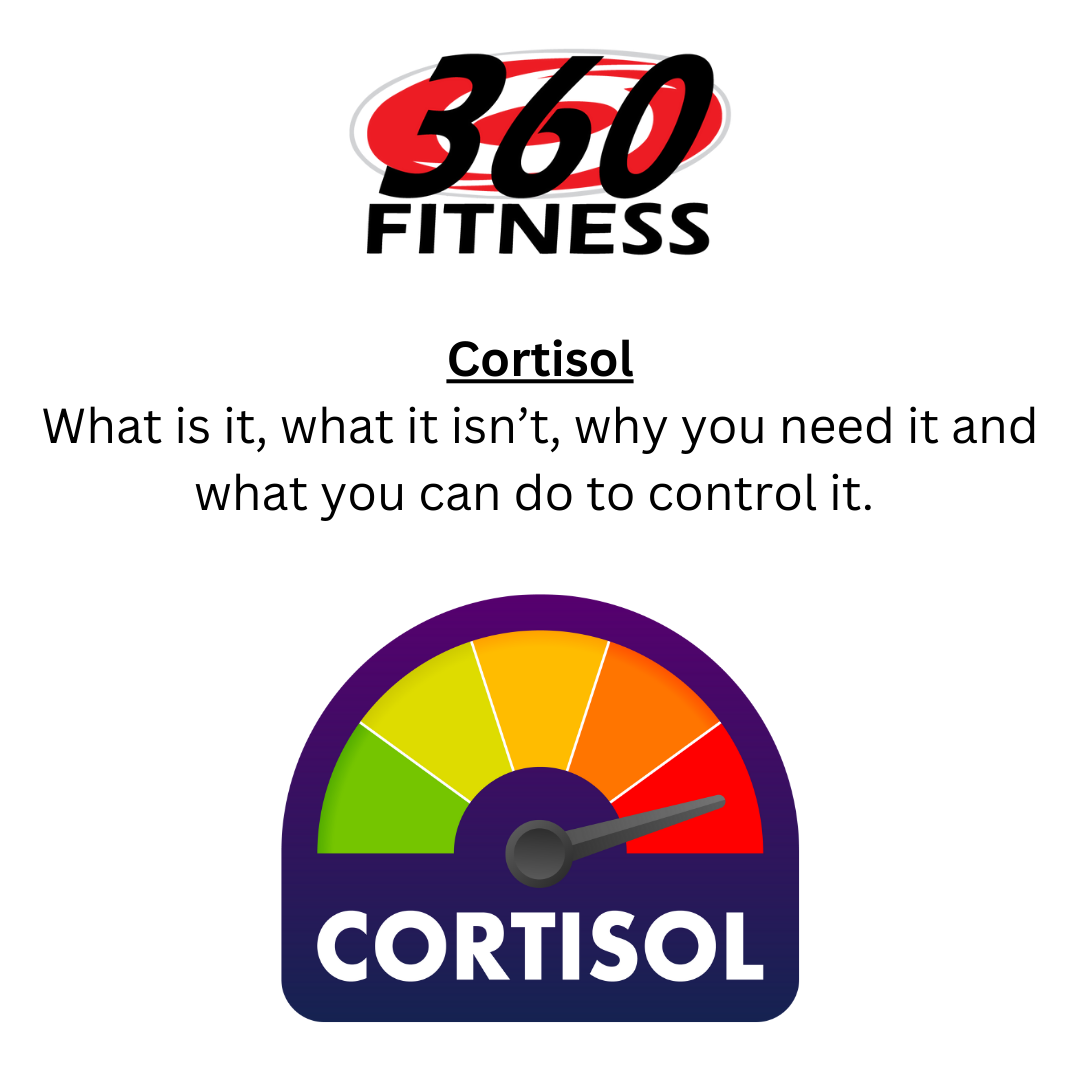Understanding Cortisol: What It Is and How It Affects Your Health
Cortisol is often referred to as the “stress hormone,” and for a good reason. Produced by your adrenal glands, cortisol is essential for several vital functions in the body, including regulating metabolism, reducing inflammation, controlling blood sugar levels, and helping your body respond to stress. When we face a stressful situation, cortisol levels spike to help us manage the challenge. However, while cortisol is necessary for a healthy life, problems can arise when it’s chronically elevated.
How Cortisol Affects Health and Weight Gain
When cortisol levels remain high for extended periods, it can lead to several health issues, such as increased blood pressure, disrupted sleep, and weakened immune function. For those of us in midlife or beyond, this is particularly concerning, as chronic high cortisol levels can contribute to unwanted weight gain, particularly around the belly area. Elevated cortisol can increase appetite and cravings for sugary or high-fat foods, making it harder to maintain a balanced diet. It can also cause your body to store more fat, making it feel like your weight gain is out of your control.
Controlling Cortisol Levels: The Key to Balance
While it might be tempting to blame cortisol for all your health concerns, it’s crucial to recognize that there are many factors at play. Lack of exercise, poor nutrition, insufficient sleep, and stress can all contribute to the challenges you’re facing. Studies suggest that exercise can reduce cortisol levels and help regulate stress, even something as simple as a daily walk or yoga session can make a big difference.
Healthy nutrition also plays a significant role in balancing cortisol. Eating a diet rich in fruits, vegetables, lean proteins, and whole grains, and staying hydrated can help maintain stable blood sugar levels, preventing spikes in cortisol. Additionally, prioritizing quality sleep and practicing relaxation techniques like deep breathing, meditation, or mindfulness can significantly impact how your body manages stress.
A Compassionate Reminder: It’s Not Just About Cortisol
It’s natural to want a simple explanation for why you’re feeling tired, stressed, or struggling with your weight. Cortisol can certainly be part of the equation, but it’s rarely the only factor. A recent study found that while cortisol levels do affect weight, factors like diet, activity level, and lifestyle choices have a much more significant impact on overall health and wellbeing.
The truth is, making small, consistent changes in your daily habits—like incorporating regular exercise, eating balanced meals, and finding effective stress management techniques—can often lead to greater results than focusing on cortisol alone. It’s important to remember that everyone’s body responds differently, and finding what works for you is a journey worth taking.
Final Thoughts: Keep Trying, and Don’t Give Up
If you’ve been blaming cortisol for all your struggles, it’s time to take a step back and consider a broader approach. Yes, cortisol plays a role, but so do your daily habits, choices, and overall lifestyle. Don’t lose hope; keep experimenting, keep moving, and remember that small, consistent changes can lead to meaningful improvements in your health and wellbeing. You’re stronger and more capable than you know—keep trying, and you’ll find your way to balance.
360 Fitness Red Deer is here to help. Shoot us a message or call 403 347 1707 to book a free consultation to learn more about our programs, chat goals and see if we are a good fit.



